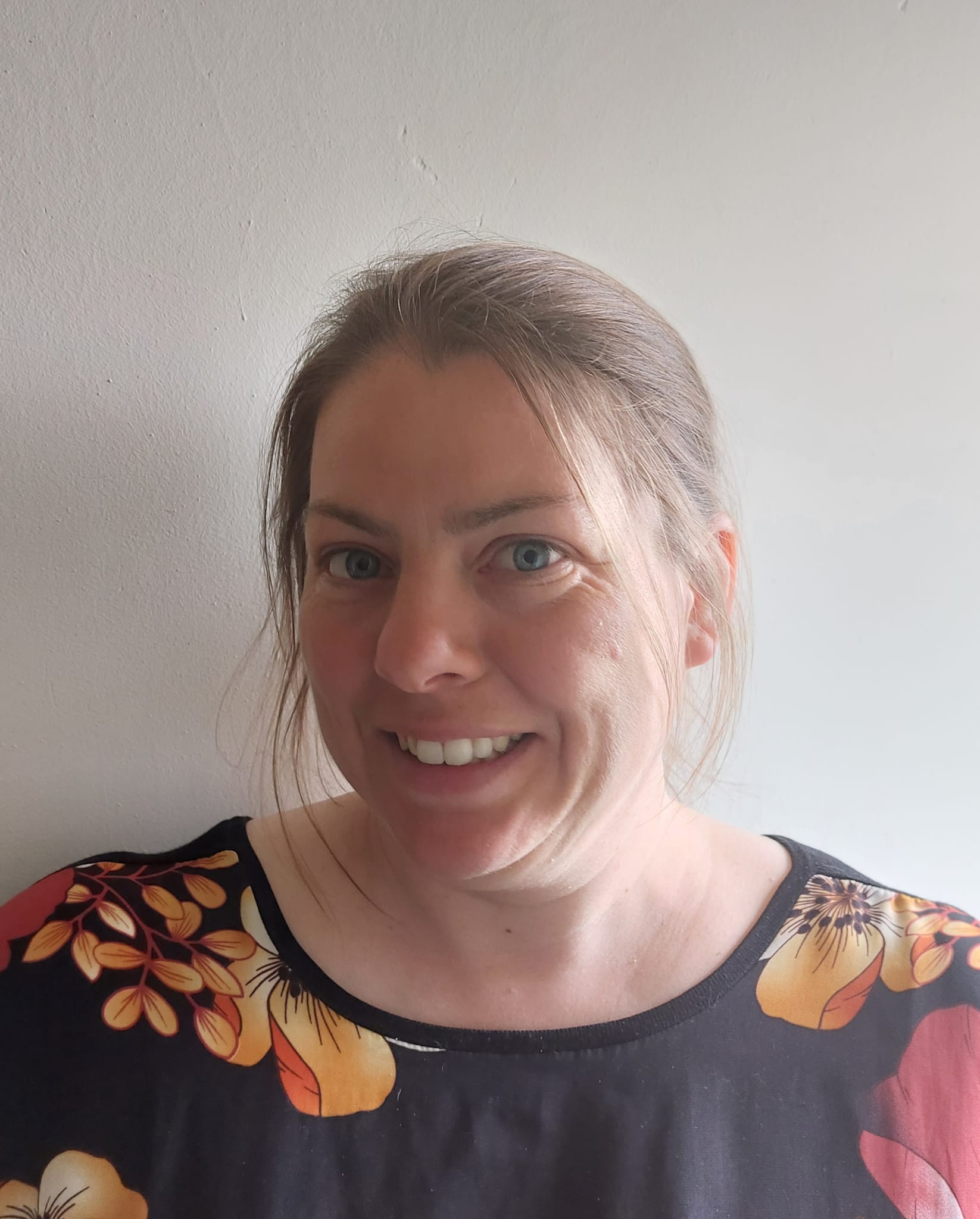Karis Le Winton
Host Organisation: Suffolk Law Centre

My interest in social welfare law stems from my own experience, I believe a civil society cares for its most vulnerable and believe we as a nation need to do better in the area of health and social care.
I grew up in social housing and spent my early years living homeless, in hostels and condemned houses that were unfit for human habitation.
I worked in a care home and the care the residents received was far below the standards they should have been. I then committed myself to helping resident’s families via charities that help people to stop being abused and receive better care.
After several years of working with the national charity Compassion in Care helping carers with whistleblowing and employment issues, I was convinced the legal profession is the career I wanted. I left secondary school at age 13 without qualifications and went to work. I returned to education at University level based on the practical experience I had obtained working for the charity and writing an entrance essay.
I am excited for my future career at Suffolk Law Centre which shares my values. I see this as an opportunity to contribute to pioneering and effective service. I am delighted to go into work every day, making a difference to clients and the community whilst growing professionally.
Project
My project aim is to improve people’s ability to find us and access our services. This will entail undertaking research on the current user journey from finding the Law Centre both digitally and physically through to making contact with the appropriate party at the Law Centre. The project will question the already established structures and pathways efficacy and explore how people currently make use of them as well as the ease of use. A key part will be identifying any current barriers within the existing structure that stop people from searching us out for legal assistance when they need it.When considering accessibility it is not just physical access, it is the unseen and conflicting areas of accessibility, for example, large lettering needed for the sight impaired could hinder the sensory sensitive. It is about the whole journey of a user, from when they contact us, how they contact us and all the way through their case to the resolution and our ability to best serve their needs on that journey.
My recommendations are to first conduct a number of semi structured interviews with clients, previous clients, potential clients, staff and stake holders. These interviews will ascertain their experience in what they believe to be the key barriers to our services and identify any choke points where we might lose people in the user journey process. A comparative study of other organisations alongside discussions with them on the subject of how they planned for accessibility will help us to make plans and adapt for the future. We will also look at how we can be assisted by technology, whilst being cautious and ask how this impacts accessibility? I will be starting with the services we offer, and how we communicate them to everybody, as well as making recommendations to the board on some of the accessibility steps that we can take over the next two years. I will also draft a tool kit which could be used by the Law Centre using the findings discovered while undertaking this report.
